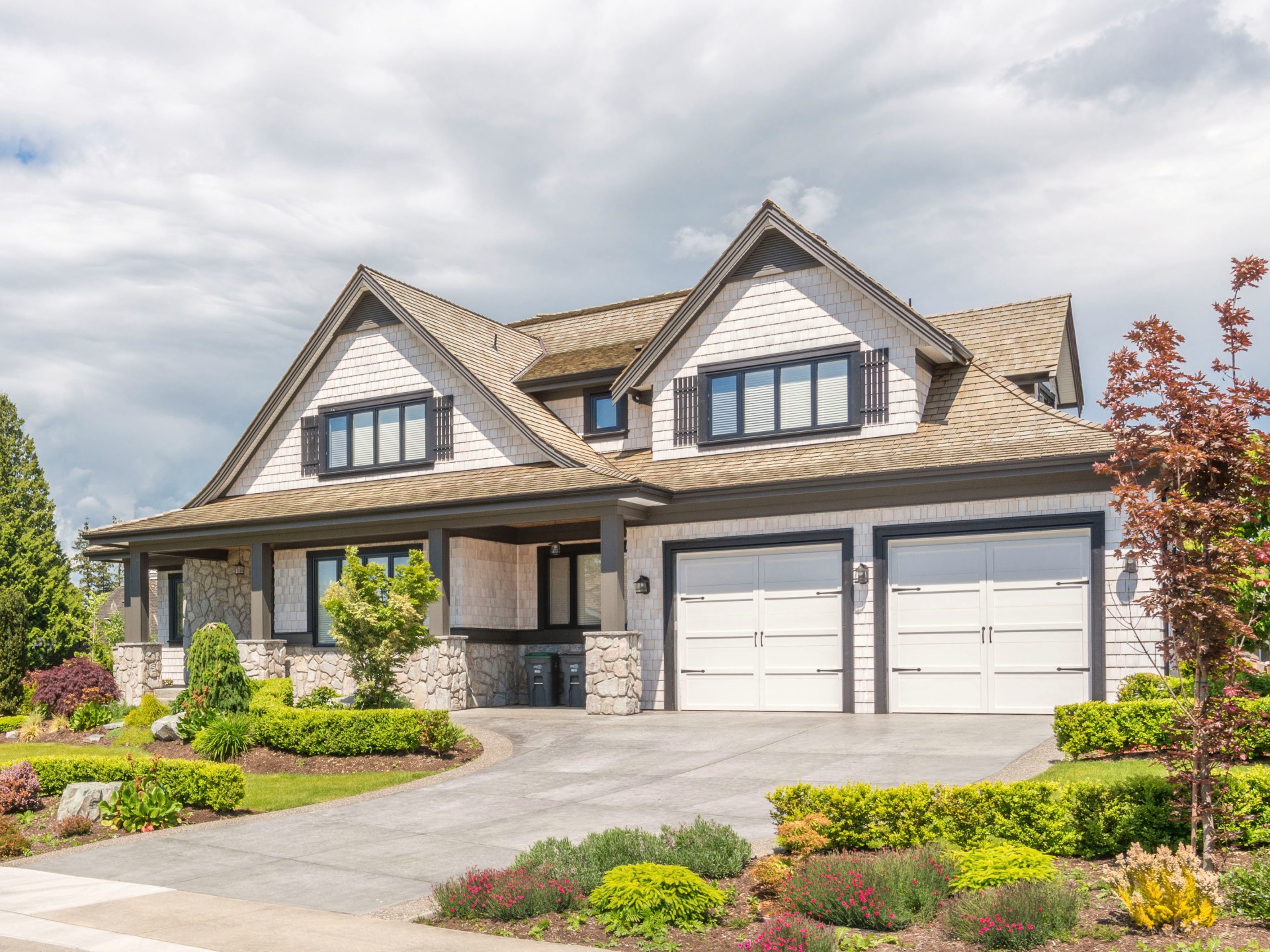Building a Family House in the Czech Republic: What to Expect and How to Finance It

Owning a family house is a dream for many: offering space, privacy, and long-term value. But building a house from scratch can be a complex journey full of planning, paperwork, and financial decisions. Whether you're a Czech national or an expat living here, this guide will walk you through the essential steps and financing options when building your own home in the Czech Republic.
1. Choosing the Right Land
The foundation of any successful house project is a suitable building plot. When searching for land, make sure to consider:
-
Zoning and planning regulations – Check the local development plan to ensure construction is allowed.
-
Utilities and infrastructure – Electricity, water, sewage, and gas connections.
-
Road access – The plot must have legal and practical access to a public road.
-
Orientation and terrain – Impacts energy efficiency, sunlight, and future landscaping.
-
Soil conditions – A geological survey may be needed to assess foundation requirements.
2. Project Design and Permits
Next, you'll need a project design — either a catalogue (standardized) house or an individual project designed by an architect.
Once your documentation is ready, you must obtain:
-
Planning permission (územní rozhodnutí), and
-
Building permit (stavební povolení), or go through a simplified notification process for smaller projects.
This process can take several months and involves dealing with the local building authority (stavební úřad).
3. Budgeting and Construction Financing
Before breaking ground, you need a clear and realistic budget. Construction is usually financed in stages, depending on the progress of the build. Here's how you can finance it:
-
Funds are released gradually in line with the building progress (known as drawdowns).
-
You can build with a construction company or self-manage (DIY or with subcontractors).
-
Lenders usually require at least 10–20% equity or own funds.
4. Managing the Construction Process
Construction often takes 12–24 months and may exceed your initial budget. It's wise to prepare a contingency reserve of at least 10–25%.
During this phase:
-
Banks may require progress documentation (invoices, photos, site inspections).
-
A bank appraiser may assess progress before releasing further funds.
-
Communication with your lender is crucial to avoid delays in drawdowns.
5. Final Approval and Moving In
Once construction is complete, you'll need to go through the final approval (kolaudace) process:
-
Ensures the house meets legal and safety standards.
-
Required to register the house in the Land Registry.
-
Only after this can the property be insured, connected to utilities, and used legally as a residence.
Tips for a Smooth Building Process
-
Choose your builder wisely – Get references and sign a detailed contract.
-
Insure the construction site – Required by banks and smart from day one.
-
Expect delays or cost overruns – Build flexibility into your timeline and budget.
-
Track all expenses and changes – Documentation is key for financing and tax purposes.
-
Check for green financing options – Many banks offer better rates for energy-efficient houses.
Need Help Financing Your Dream Home?
Financing a construction project is more complex than buying a finished property, but with proper planning and the right guidance, it's absolutely achievable. Whether you need a tailored mortgage plan, advice on drawdowns, or help communicating with Czech banks as a foreigner, we are here to support you.
Get in touch for a free consultation, we'll find the most efficient path to your new home!
